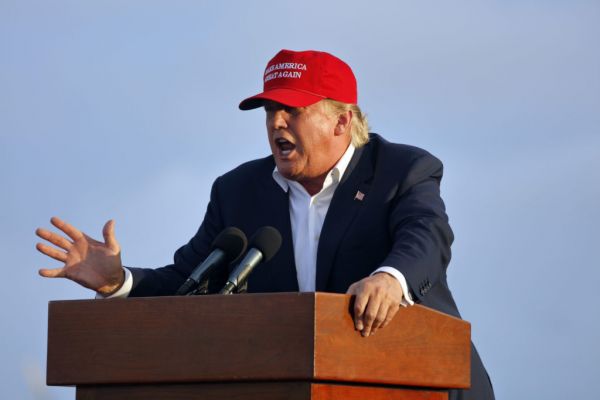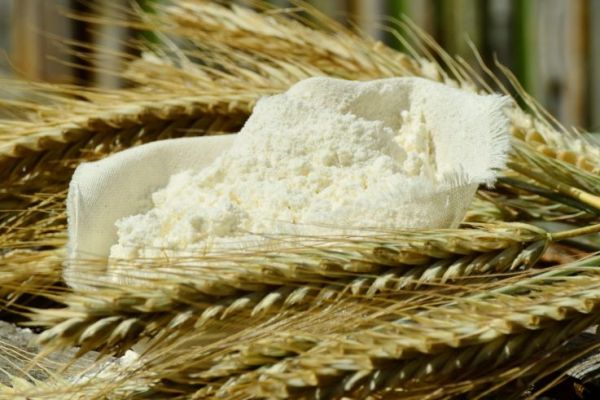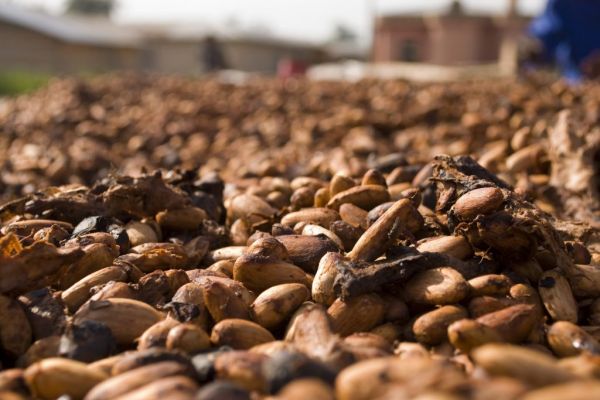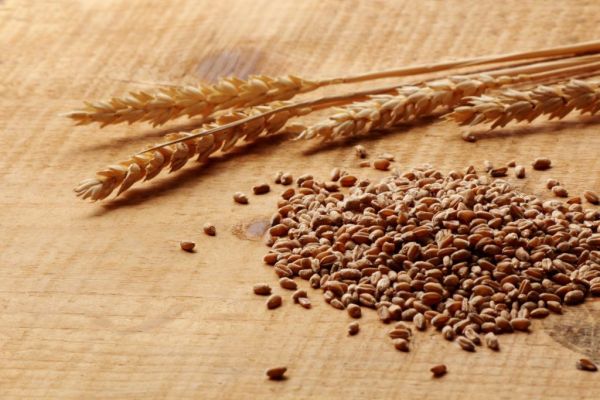Some folks in American farm country are wondering why they aren’t getting more love from Donald Trump.
In the two months since the election, the president-elect selected 13 of 15 cabinet posts, from the departments of State to Justice to Health and Human Services. But he’s left to the end his candidate to lead the U.S. Department of Agriculture, the agency most connected to rural voters who helped propel him into office. Trump will be inaugurated Jan. 20.
“It certainly has folks concerned or worried that maybe it just doesn’t seem to be getting the attention that we would like it to,” said Roger Johnson, president of the National Farmers Union, the second-biggest U.S. farmer group. “Folks in agriculture and rural America feel like they delivered for this president, and they just want there to be more attention.”
While agriculture secretary tends to be among the later cabinet picks made by new presidents, Trump’s is later than usual. President Barack Obama named Tom Vilsack, who still holds the job, on Dec. 17, 2008. President George W. Bush, whose transition was delayed by a contested vote recount in Florida, made his pick on Dec. 20, 2000. Bill Clinton chose his agriculture chief on Dec. 24, 1992.
Vetting Candidates
Trump spokesman Sean Spicer told reporters Wednesday the president-elect is continuing to meet with qualified people for the job. A leading candidate is former Georgia Governor Sonny Perdue, according to a person familiar with the matter. Others interviewed include former Lieutenant Governor of California Abel Maldonado, former Texas A&M University President Elsa Murano, former U.S. Representative Henry Bonilla of Texas, and Texas Agriculture Commissioner Sid Miller.
Agriculture and Veterans Affairs are the only two cabinet posts the president-elect has yet to fill. Among seven additional senior positions, Trump has named all but his chairman of the Council of Economic Advisers.
The job of agriculture secretary has a broad mandate, which means any appointee will need time to get up to speed, according to Dave Johnson, who led the Bush transition team in 2000. The department employs about 100,000 people, directs about $140 billion in programs and has a presence in every U.S. county.
“It is not just farm programs,” Johnson, a longtime Senate Agriculture Committee chief counsel who is now retired and living in Indiana, said in an e-mail. “USDA oversees school lunches, meat inspection, food stamps, the Forest Service, rural electrification and much more. If the secretary-designate is unfamiliar with USDA, the need for intensive briefings and thorough background memos increases.”
Trump rode to his election victory partly on strong support from voters in rural areas clamoring for an economic turnaround. U.S. farm income has dropped for three straight years to the lowest since 2009, and debt levels have climbed.
While the president-elect has said little about how he’d change farm policy, aside from easing up on environmental regulation, some of his statements about trade and immigration could have major implications for agricultural businesses.
The U.S. is a major exporter of crops and other farm commodities, and that flow of goods may be disrupted if Trump follows through with a pledge to reshape trading relationships with China and other countries, including imposing punitive tariffs on imports. Any retaliation could prompt a trade war that erodes global commodity prices.
If immigration laws are enforced more strictly, as Trump has pledged, farm businesses may face labor shortages. Undocumented workers comprise a major slice of the employees in U.S. agriculture.
Trump’s nominee also will need to deal with a new farm bill once the current law expires on Sept. 30, 2018. Much of the spending authorized by the legislation goes to nutrition programs including food stamps, along with farm subsidies.
Complicating Handoff
Former officials involved in transitions from both parties caution that a late start complicates the handoff.
“People feel like they delivered for Donald Trump and now they’re kind of the last in line,” said Kathleen Merrigan, who served as deputy to Vilsack. “I’m just stunned that it’s taking this long.”
The delay in naming a USDA secretary is “really extraordinary and strange,” said former Agriculture Secretary Dan Glickman.
“I find it in a sense unsettling because it was in small towns and rural America where the president-elect picked up his biggest margins, and he hasn’t named a secretary of rural America,” said Glickman, who served almost six years under President Clinton.
One bright side to the extended search is that the candidates interviewed haven’t been strongly ideological, said Harwood Schaffer, an agricultural economist at the University of Tennessee in Knoxville. Some agencies, including the Environmental Protection Agency and the Energy Department, have nominees whose policy preferences may be in conflict with the missions of the institutions they’re leading.
Not so with USDA, which traditionally keeps a lower profile among departments despite its wide scope, he said.
“If you aren’t rattling Trump’s cage, he might not notice you and things can just go on,” Schaffer said. “A little benign neglect may not be all that bad.”
News by Bloomberg, edited by ESM. To subscribe to ESM: The European Supermarket Magazine, click here.














